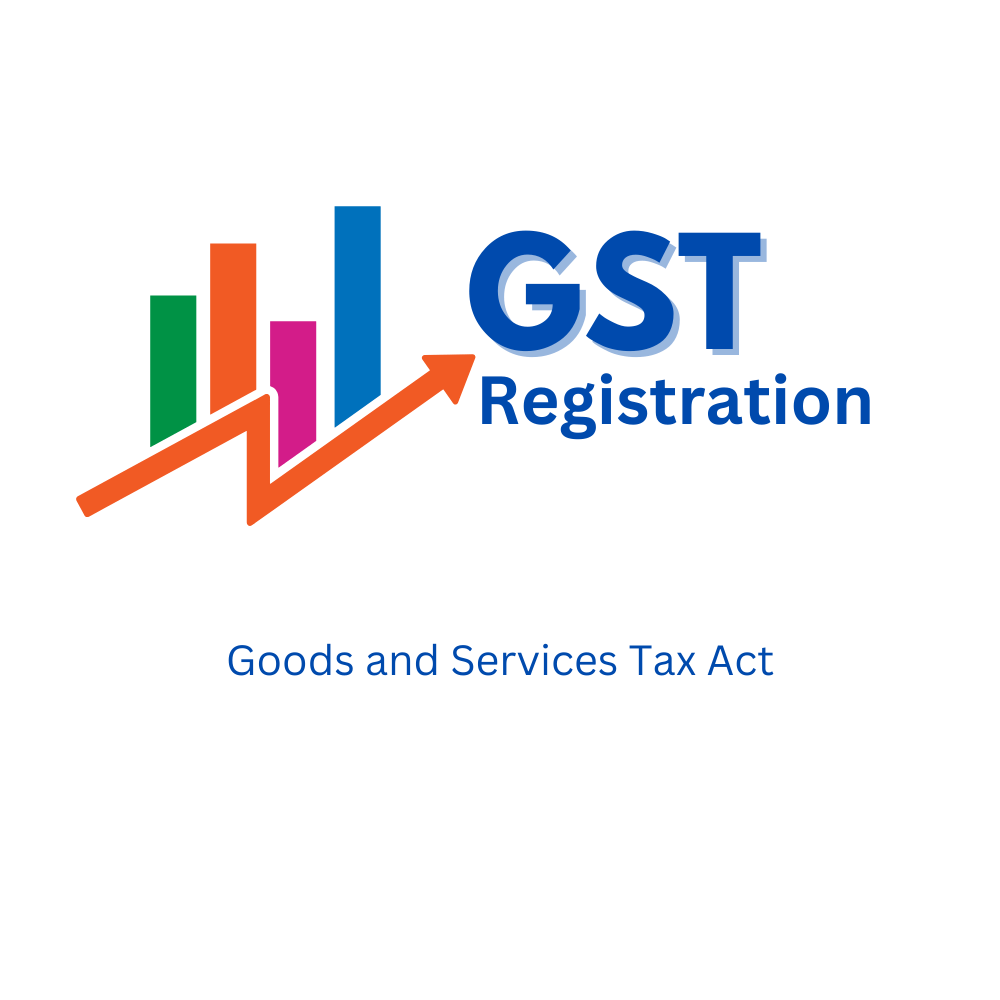Why Singapore GST Registration is Critical for Your Start-up
Why Singapore GST Registration is Critical for Your Start-up
Blog Article
The Ultimate Overview to Streamlining the GST Registration Refine and Requirements for Small Company Owners

Comprehending GST Fundamentals
To comprehend the basics of the Product and Services Tax Obligation (GST) system, local business proprietors have to initially comprehend its underlying ramifications and principles. GST is a value-added tax levied on the majority of items and solutions for domestic consumption. It aims to streamline the taxes procedure by replacing multiple indirect tax obligations imposed by the state and main federal governments. Under the GST regimen, organizations are needed to accumulate and register tax in support of the federal government, making certain openness and compliance.
Among the essential principles of GST is input tax credit, which enables businesses to assert credit report for taxes paid on their purchases. This device prevents the plunging result of taxes and advertises efficiency in the tax system. In addition, GST is a destination-based tax, suggesting that the tax is imposed at the factor of consumption as opposed to the factor of origin. This makes sure reasonable distribution of tax earnings among states based on where the services or items are consumed. Comprehending these standard concepts is essential for small company owners to navigate the intricacies of the GST system and ensure compliance with the legislation.
Eligibility Requirements for Enrollment
Having actually developed a fundamental understanding of GST principles, local business proprietors have to currently fulfill details qualification standards to wage the enrollment process. In India, entities participated in the supply of goods or services with a yearly accumulation turn over surpassing Rs. 40 lakhs (Rs. 10 lakhs for special category states) are called for to sign up for GST. Additionally, certain companies such as those involved in inter-state supply of items, informal taxed individuals, and those needed to pay tax under the reverse charge device have to sign up for GST irrespective of their turnover. Furthermore, businesses that were signed up under the previous tax regime (BARREL, service tax, and so on) are likewise mandated to sign up under GST. Farming services that only supply create out of key manufacturing are exempt from GST registration. It is essential for company owner to thoroughly analyze their eligibility based on these criteria to make sure compliance with the regulation and avoid any type of penalties for non-compliance.
Papers Needed for GST Registration

Simplified Enrollment Process Actions
Adhering to the collection and verification of the requisite files, the registration process for GST can be navigated through a collection of simplified steps designed to assist in effective compliance for tiny organization owners. The initial step includes visiting the GST site and choosing the 'New Enrollment' choice. Subsequently, the candidate must fill out Part A of the GST REG-01 kind with details such as frying pan, mobile number, and email address to get an OTP for verification. As soon as the OTP is gotten and gone into, a Momentary Reference Number (TRN) is created for further procedures. The following step calls for filling in Component B of the type with necessary service details, publishing sustaining files, and finishing the verification procedure utilizing DSC or EVC. Upon successful confirmation, an Application Referral Number (ARN) is provided, suggesting the completion of the GST registration process. By adhering to these simplified steps, local business owners can properly register for GST and guarantee conformity with tax obligation policies.
Tips for Ensuring Compliance
To maintain regulatory adherence and functional honesty, attentive oversight and aggressive procedures are critical in making certain conformity with GST demands for little business owners. Little company owners have to stay updated with GST laws, submitting due dates, and any adjustments in tax obligation rates to stay clear of charges and keep a great standing with tax authorities. One essential pointer for compliance is to maintain precise and comprehensive records of all transactions, consisting of expenses, billings, and receipts connected to GST. Consistently integrating financial documents with GST returns can help in recognizing and correcting any kind of inconsistencies promptly. Furthermore, performing regular interior audits or looking for professional aid can ensure that business is adhering to all GST regulations properly. It is likewise essential for local business proprietors to buy GST-compliant accountancy software application that can streamline the tax filing process and lessen mistakes. Lastly, going to GST understanding workshops or training programs can enhance understanding and compliance with GST regulations, eventually profiting the business in the long run.
Final Thought
In final thought, little company owners have to comprehend the fundamentals of GST, meet the eligibility criteria, her latest blog gather necessary documents, and adhere to the streamlined registration procedure actions to make sure conformity. By simplifying the GST registration procedure and demands, local business proprietors can avoid penalties and run their services smoothly within the lawful structure - Singapore GST Registration. It is click for info critical for local business owners to stay compliant and enlightened with GST policies to maintain an effective company procedure
Little business proprietors seeking GST enrollment should guarantee they gather and send the necessary records to complete the enrollment process successfully. The files needed for GST registration generally consist of proof of organization registration or incorporation, PAN (Irreversible Account Number) card of the company address, identification and entity proof of the promoters/partners/directors, photos, address evidence of the place of service, financial institution account statements or terminated cheques, and authorization types. Participating in GST understanding workshops or training programs can boost understanding and compliance with GST guidelines, inevitably benefiting the company in the long run.
By streamlining the GST registration procedure and needs, small service proprietors can avoid charges and run their organizations smoothly within the legal structure. It is crucial for little service proprietors to remain compliant and informed with GST laws to preserve an effective business operation.
Report this page